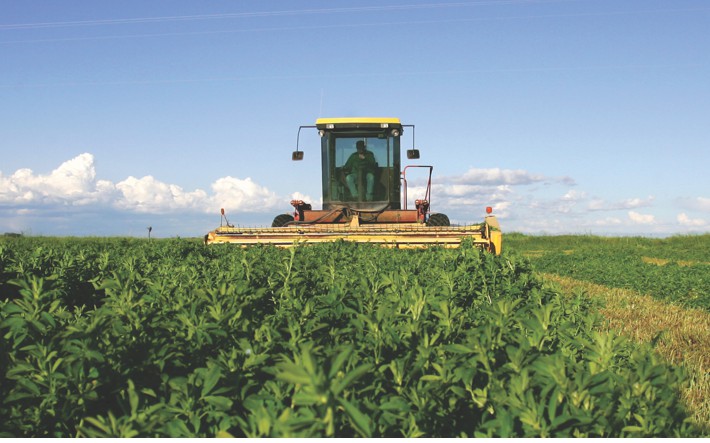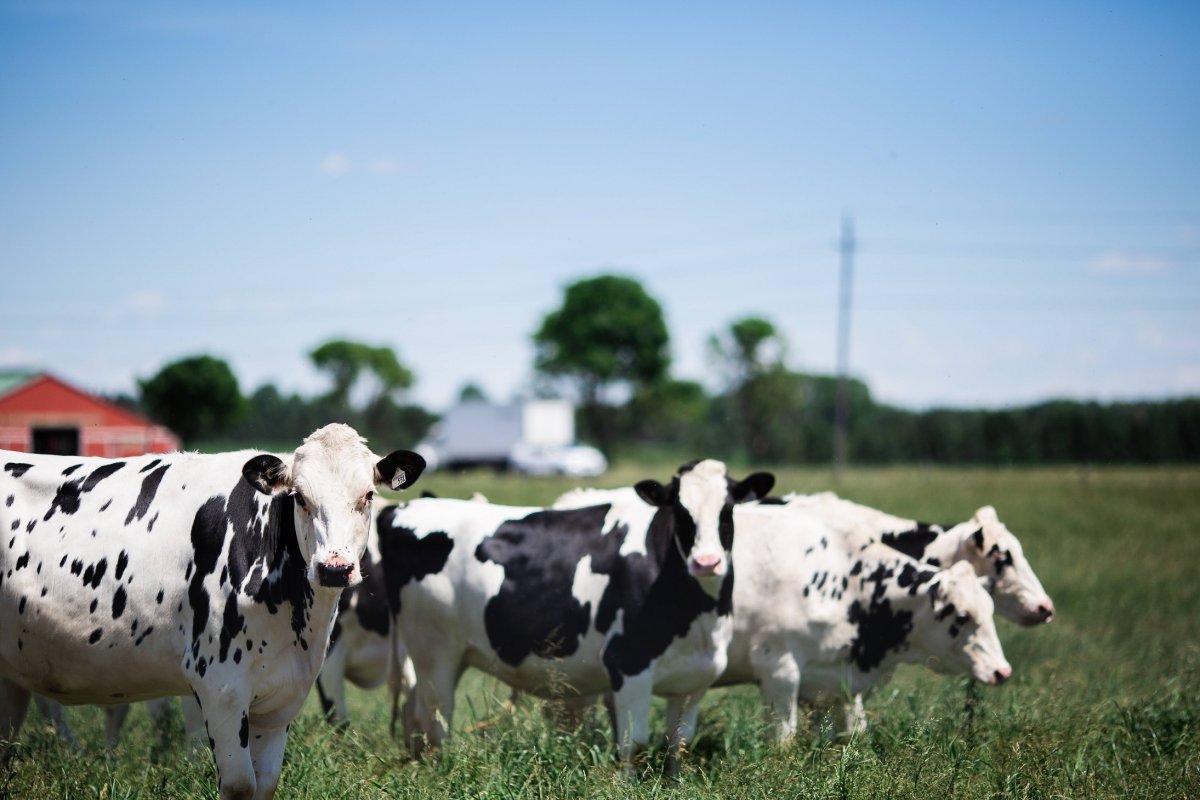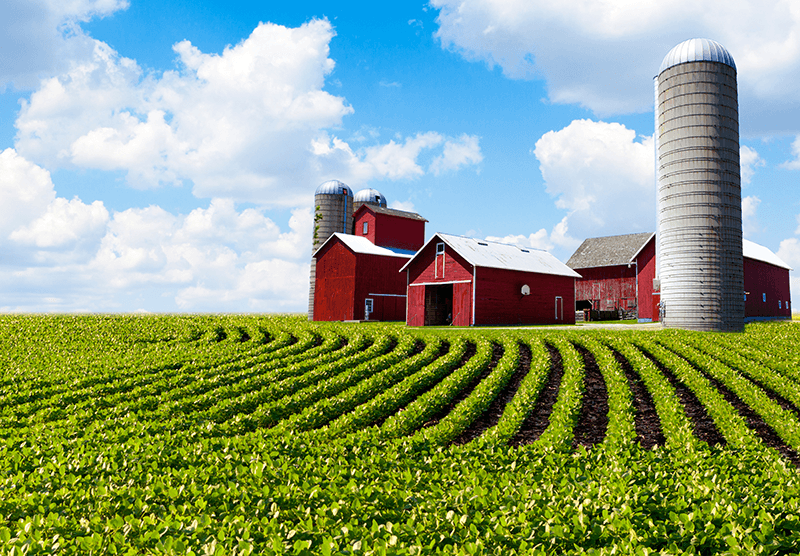Are you confused about the difference between GMO and organic farming? Agriculture in Grey and Bruce counties uses both methods. Here’s a brief survey of the main differences between these two kinds of farming.

How is GMO food grown?
Genetically modified organisms (GMOs) are organisms whose genetic material (DNA) has been altered or modified in a way that would not happen naturally. In most cases, genetic engineering works by injecting an organism with genetic material from another species.
GMO seeds were introduced commercially in 1996 and are now very common for corn, soybeans, canola, and cotton.
GMO crops can be referred to as genetically engineered (GE), herbicide-tolerant (HT), or Bt crops. Herbicide-tolerant crops (“Roundup-ready crops”) are engineered to survive the use of one or more herbicide chemicals that would normally kill or severely stunt a crop. Bt crops are designed to produce toxins that kill certain insects.
GMO crops lower production costs for farmers and help crops resist plant diseases caused by insects or viruses.


 Facebook
Facebook
 X
X
 Pinterest
Pinterest
 Copy Link
Copy Link

